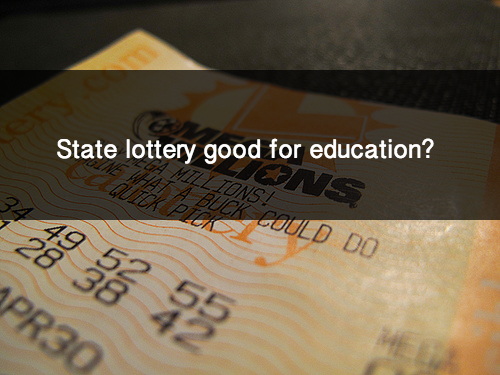
For those finding heads-up pennies in Alabama, a little traveling is necessary to get a shot at the grand prize—with a drive across state lines.
Earlier this week, Alabama’s House Democratic leader Craig Ford said he wants to see a lottery in Alabama, with the aim of keeping money many Alabamians spend on tickets in Florida, Georgia, and Tennessee, in-state.
According to Ford, a state lottery could potentially raise $250 million per year to help fund Alabama schools
Many in the state are not as excited for the possibility of a lottery. According to the National Council on Problem Gaming, 2-3 percent of the U.S. population will have a gambling problem in any given year. Some view gambling as a financial problem, not an emotional problem. In reality, problem gambling is actually an emotional problem that has financial consequences.
According to House Majority Leader Mickey Hammon of Decatur, the lottery issue has lost time and time again, most recently in 2010.
Other Republicans, like House Speaker Mike Hubbard of Auburn, continue to fight the issue, saying he wants to work to put money into the pockets of Alabamians, not take it out through gambling.
As this issue plays out, it will be very interesting to see how the population of the state perceives the idea of a lottery. Is it a great financial win for education and other state-run institutions? Or, do the negative results of gambling outweigh the monetary benefits for citizens?
Three of Alabama’s four neighbors have a state lottery, with Mississippi being the only exception.